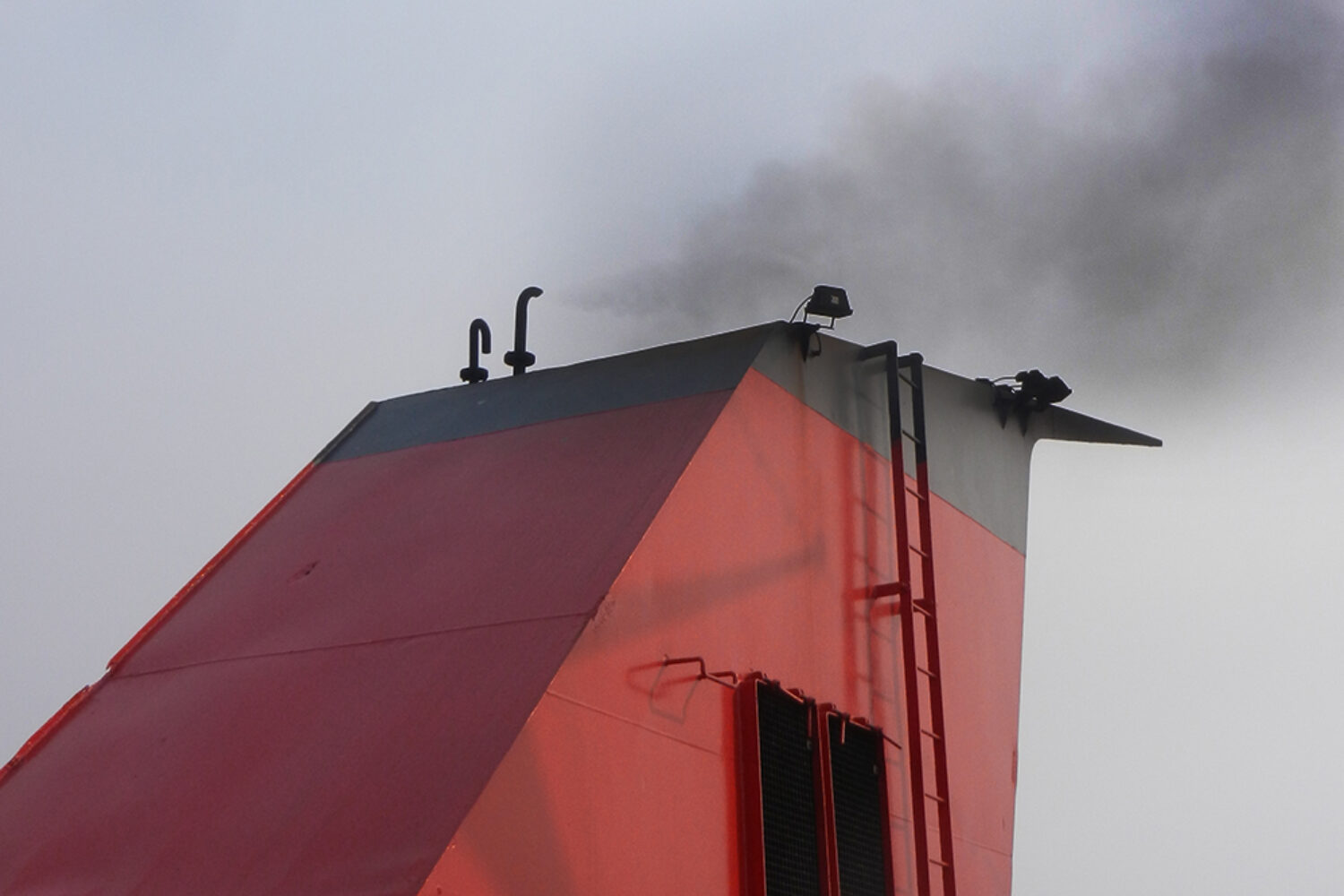The company Oceanly has issued a stark warning that the rush to green fuels could lead to an increase in global emissions.
While the race to decarbonize the industry is focusing on alternative fuels such as hydrogen, ammonia, biofuels and liquefied natural gas (LNG), Frederik Lerche Tornoe, General Manager at Oceanly, believes this could exacerbate the very problem the industry is trying to solve.
According to current estimates, the shipping industry would have to take on a considerable proportion of the world’s electricity generation from renewable energy sources – a goal that seems unattainable in the short to medium term.
“Alternative fuels are part of the future, but the current infrastructure and availability of energy are not sufficient to support a full transition,” says Lerche-Tornoe. “Over-reliance on green hydrogen could put a strain on global renewable energy resources, as only a fraction of today’s hydrogen production is classified as ‘green’.”
More energy efficiency to reduce emissions
Lerche-Tornoe: “We absolutely need a balance. Focusing on immediate improvements in energy efficiency is a viable way to reduce emissions now, especially as most ships have not yet introduced energy-saving technologies, so there is still potential for progress.”
Oceanly maximises energy efficiency through advanced analytics, voyage optimisation and operational adjustments, allowing the industry to make significant gains. While there is an absolute understanding of the need for greener fuels, it is equally important to address current inefficiencies to ensure the shipping industry is ready for a renewable energy future.
Oceanly calculates energy loss in power generation
The message from Oceanly, which claims to be a leading provider of fleet management solutions: The focus should be on smarter practices and incremental improvements until renewable technologies are more accessible to counteract the inefficiencies in the production and use of green fuels. This should also take into account the 80% energy loss that goes to the propeller when generating electricity from renewables via green hydrogen and e-fuels.
“Improving the energy efficiency of the entire global fleet is the most important step we can take in the short term, rather than switching to green fuels immediately,” explained Lerche-Tornoe. Moreover, Clarkson Research found last year that 75% of the world’s fleet had not yet installed energy-saving equipment.













